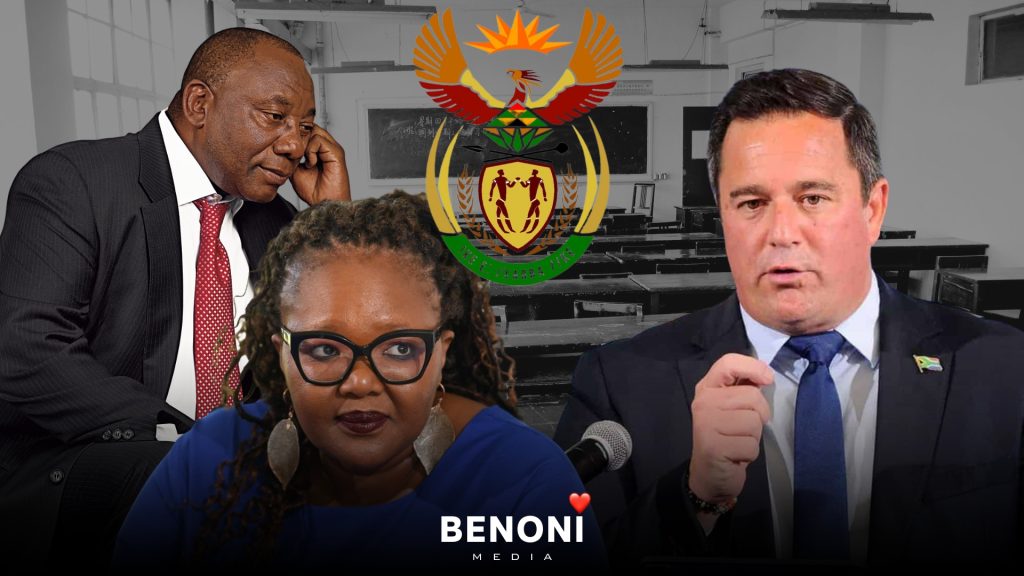President Cyril Ramaphosa has expressed his willingness to engage in discussions regarding concerns about the Basic Education Laws Amendment (BELA) Bill. This commitment comes amidst growing opposition and debates surrounding the proposed amendments to South Africa’s education laws.
Political Backlash and Legal Threats
President Ramaphosa’s willingness to engage with different parties comes in response to significant criticism from opposition groups like the Democratic Alliance (DA) and civil organizations such as AfriForum. The Presidency announced that the signing of the BELA Bill would take place at the Union Buildings in Pretoria on Friday, prompting DA leader John Steenhuisen to call for an urgent meeting with the President. Meanwhile, AfriForum has threatened legal action should Ramaphosa sign the Bill into law.
Constitutional Duties and Limitations
Presidential spokesperson Vincent Magwenya emphasized that there is no constitutional requirement for the President’s decision to be subject to negotiations or agreements with other parties. According to Section 79(1) of the Constitution, the President must either approve and sign a bill passed in terms of this Chapter or, if he has reservations about its constitutionality, refer it back to the National Assembly for reconsideration.
Magwenya cited a Constitutional Court case, Doctors for Life International v Speaker, which clarified that the President could not refuse to sign a bill for political reasons. The only grounds for refusal are constitutional reservations, requiring the President to carefully consider all evidence and submissions before making a determination.
Inclusive Consultation and Deliberation
Magwenya also noted that the President’s assent to the Bill follows comprehensive public consultation and parliamentary deliberation. Ramaphosa remains committed to engaging fully and transparently with parties in the Government of National Unity (GNU) on this and any other matters of concern.
Conclusion
As discussions around the BELA Bill continue, President Ramaphosa’s commitment to open dialogue with concerned parties demonstrates his dedication to addressing public concerns while adhering to his constitutional responsibilities. The outcome of these discussions and any potential amendments to the Bill remain to be seen, with the possibility of further political and legal challenges ahead.
